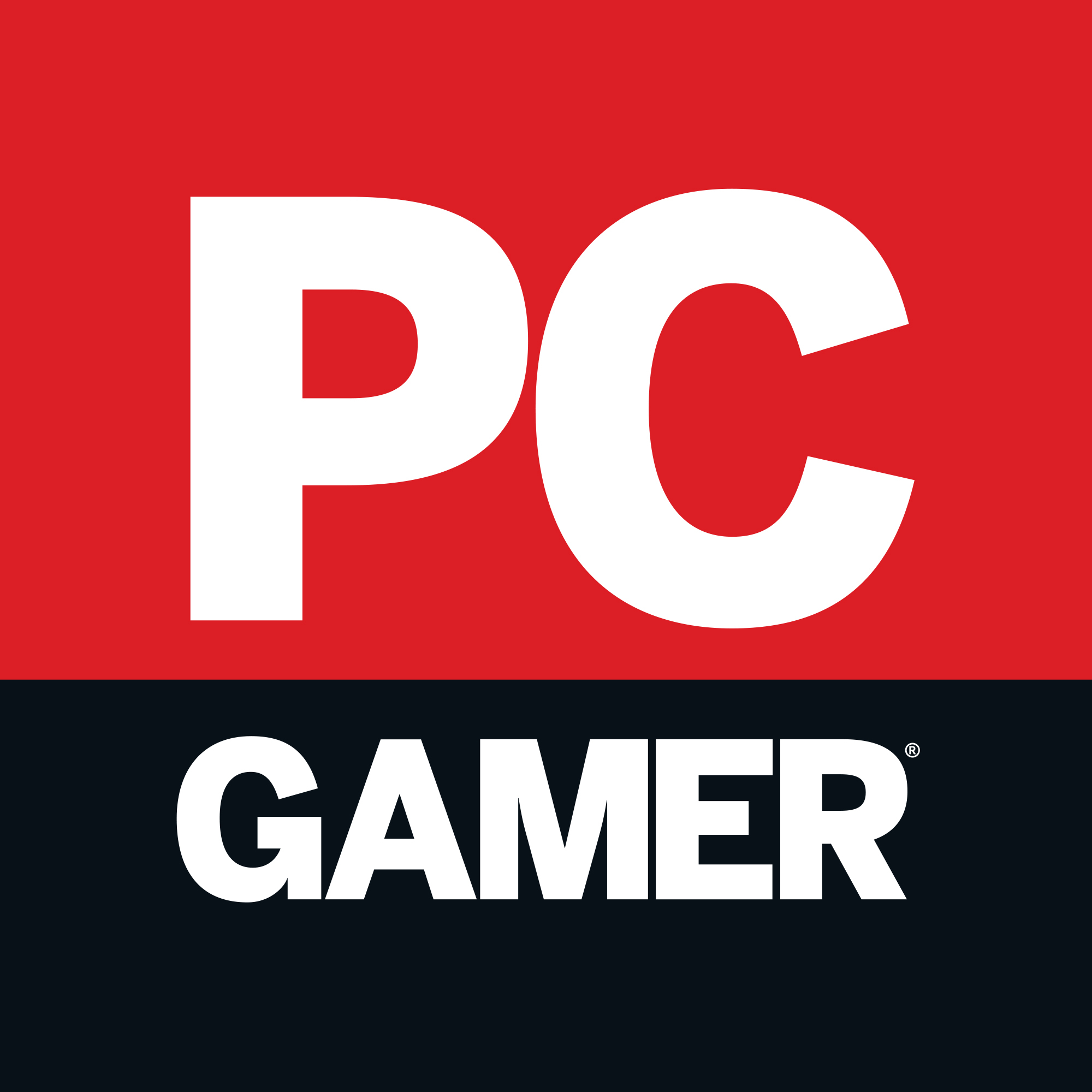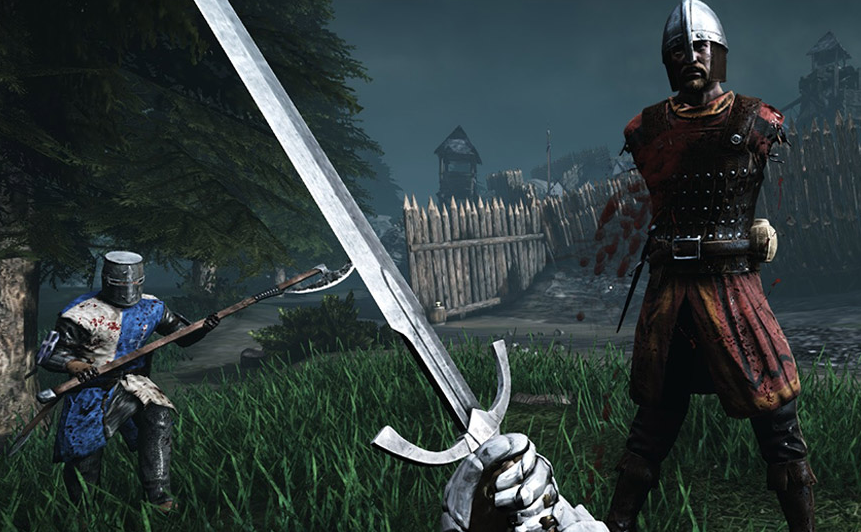
In advance of next week's PC Gaming Show, a few of our participants are sharing their perspectives on PC gaming and game development. Today, Alex Hayter, Senior Brand Manager at Torn Banner Studios, writes about why the developer of Chivalry: Medieval Warfare isn't rushing to make a sequel.
Where's Chiv 2?
After a huge seller like Chivalry: Medieval Warfare, the most obvious path to immediate success would be for our studio to develop a direct sequel, sit back and watch those 3.5+ million players and their Benjamins roll back in. Instead, the next title from Torn Banner is a magic fantasy action game that's more Arabian Knights meets Game of Thrones than medieval European fantasy. This isn't a world of chivalrous knights and kings but flame throwing mages and occult assassins. Gone are the castles and catapults, replaced by Middle Eastern-inspired marble palaces and magic seals.
It's Mirage: Arcane Warfare—a new first person multiplayer slasher that is much less a direct sequel and more like Chivalry’s magically gifted cousin. By developing a unique new IP, rather than Chivalry 2, our studio is aiming for long term creative and commercial success instead of grabbing at low hanging fruit.
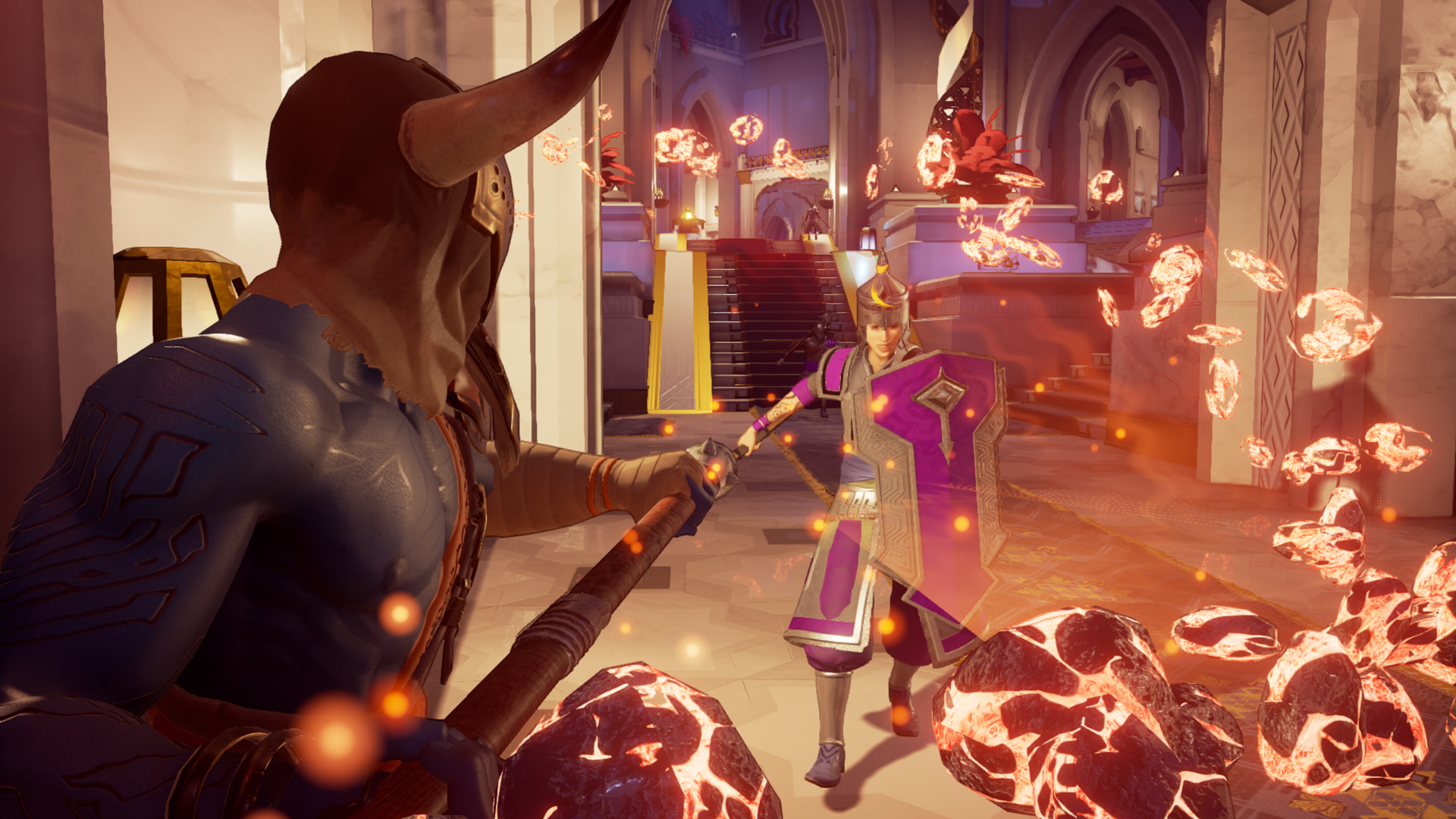
In our development of Mirage we've already begun to look at key aspects of Chivalry’s design from a perspective we never had before. We’ve been able to deconstruct and rebuild our melee-focused combat system from scratch—which in turn will enable us to approach such problems in a Chivalry sequel with fresh eyes and new solutions. Had our studio gone directly into working on Chivalry 2, underlying problems may have simply persisted between game one and its sequel.
A new title allows us to shock and surprise people in a way that is tougher with a sequel. A fast turnaround sequel ties a developer down to certain realities—minor tweaks and a slightly better version of something you've played before, without the development time or perspective to truly innovate. We aren't looking to cash cow Chivalry, because we love it. We don't want Chivalry 2 to just be the same game on a new engine but a genuinely unique and amazing experience.
With Mirage, we’re attempting to innovate in the multiplayer genre by combining ranged and melee combat into a single system, where players can block projectiles and leap through the air to slam down with melee attacks. We’re trying to bring the mechanics of fighting games to a multiplayer FPS, where heavy attacks that land first will interrupt your opponent and blocking will give you the initiative. We had great success with Chivalry's melee combat, and we wanted to improve that but also bring something fundamentally new to the table.
Keep up to date with the most important stories and the best deals, as picked by the PC Gamer team.
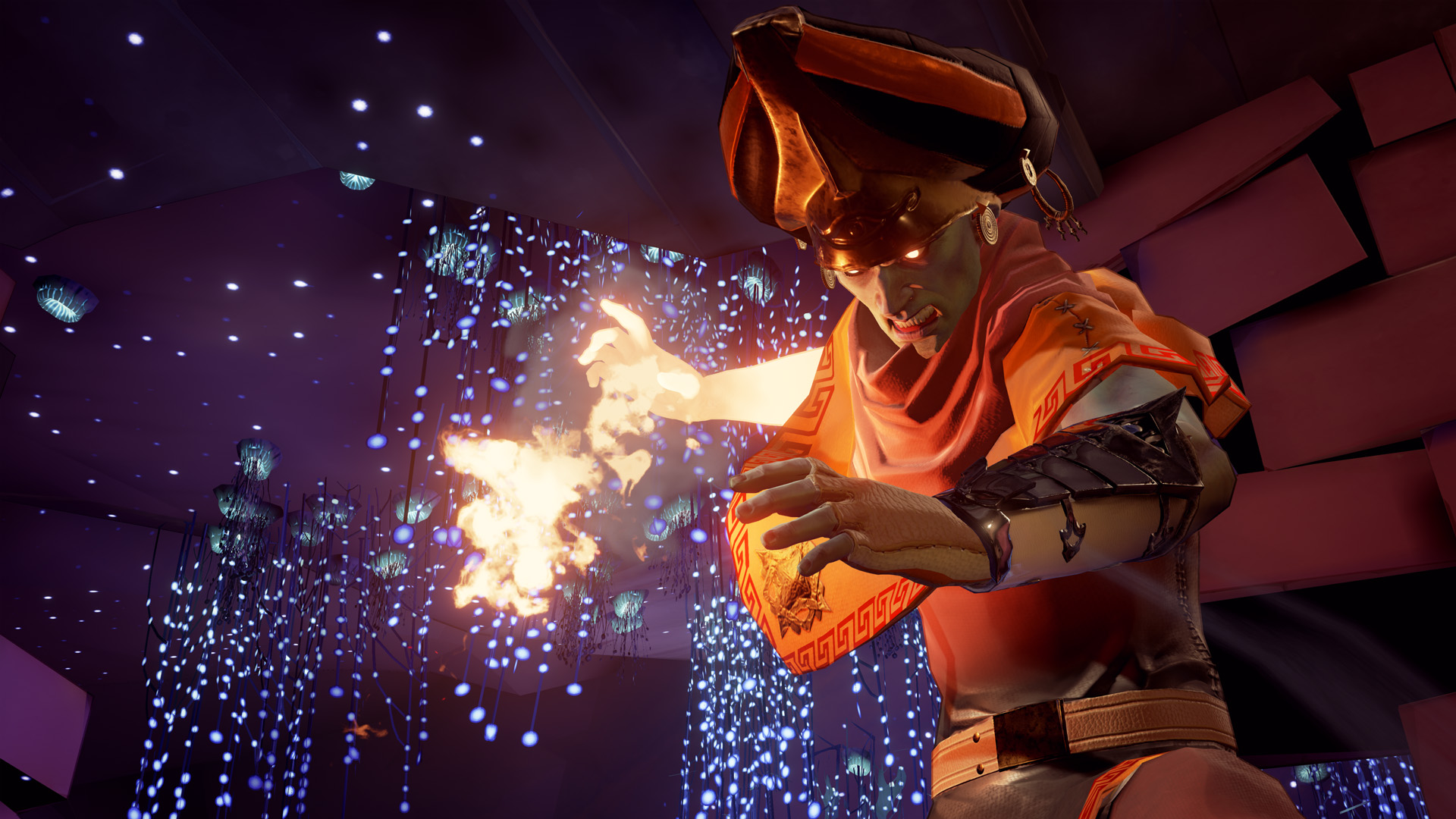
At the heart of PC gaming is this spirit of innovation and experimentation—the quest for the new. Console is where we've always had the tried and true, but PC? That's where the mavericks live. That's why our studio is opting to create a new IP and Chivalry 2 will just have to wait. With Mirage, we also chose to introduce players to a unique new fantasy setting, inspired by a world region that has few creative references in games. We wanted an opulent and peaceful background for our players to smear the glory of battle upon because it’s unexpected—and it’s the opposite of the gritty dark medieval world of Chivalry. Our goal is to make using magic in a game feel dangerous and visceral—we haven't had that yet.
After announcing Mirage, many Chivalry fans showed tremendous excitement. But from some, we also heard: “I never asked for this!” and “Where is Chiv 2?” We ask those people to consider that we are trying to do something fresh and creative, and that by this process we can create better games. Today's PC landscape is rife with strong franchises, but also constantly burgeoning with the hope of exciting new IPs: No Man's Sky, We Happy Few, Paragon, Routine, Squad, Necropolis, Tacoma... Celebrate these new experiments! Constant, no-holds-barred innovation is what keeps PC gaming at the forefront of the industry.
This approach of doing new things and taking risks—even if it means not giving players what they immediately want—was precisely how Chivalry was born. Like Mirage, Chivalry was a risk at the time! It was a niche idea that no one had really made yet, because the idea of doing a medieval FPS in multiplayer was simply too risky and challenging. The success of such a strange project—much like experiments by other talented studios around the world—has fostered an environment at Torn Banner centered around supporting our team’s creativity at the forefront. Our decision not to make a Chivalry sequel (yet) is centered strongly around keeping our studio healthy and passionate about what we do—which enables us to make the best possible games for players to enjoy.
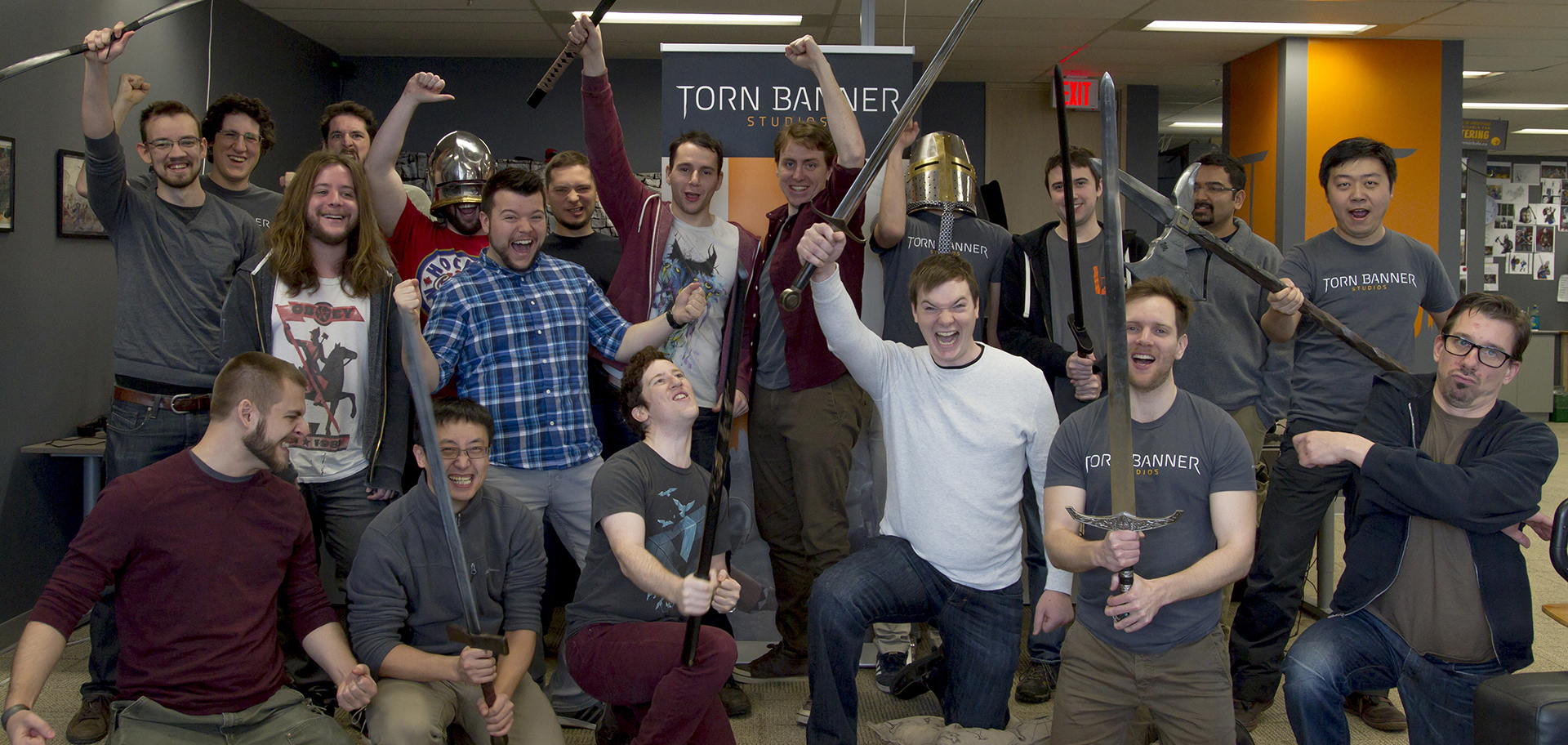
The process of making a game isn’t just a conveyor belt from concept to v1.0, it’s a pile of people spending years of their lives making something: late nights, fast food, (virtual) blood, sweat and tears. When we do make Chivalry 2, we want it to be the best possible version of it. By taking on a new project rather than grinding into back-to-back sequels, our team has the opportunity to design from the ground up, hit "refresh" on our minds, and learn how to make the most awesome games we can. As a result—while Mirage is still cooking away—we're now even more excited about eventually making Chivalry 2 because we’re confident we’ll do so much of a better job.
The indie approach of siding with innovation and creativity over risk management is gradually seeing more support on other platforms, but this mindset is at home on PC. With PC indie, we have the perfect storm: unconstrained, creative studios creating games on a platform that champions innovation. Small indie studios like ours are more willing to take these risks than AAA. Indie developers are lead by the creative will of our studio; the only reason we're making games is because of passion. While we want to keep our studio financially above water, none of that would be worth it if we weren’t building the games of our dreams.
The PC Gaming Show returns to E3 on Monday June 13, featuring game announcements, updates to existing favourites, and conversation with top developers. You can find out what to expect here, and also book free tickets to attend in person at pcgamingshow.com. The PC Gaming Show will be broadcast live through twitch.tv/pcgamer from 11:30 am PT/2:30 pm ET/6:30 pm GMT, but be sure to tune in beforehand to check out The Steam Speedrun, in which one lucky winner will buy as many games as they can in three minutes.
The collective PC Gamer editorial team worked together to write this article. PC Gamer is the global authority on PC games—starting in 1993 with the magazine, and then in 2010 with this website you're currently reading. We have writers across the US, UK and Australia, who you can read about here.
